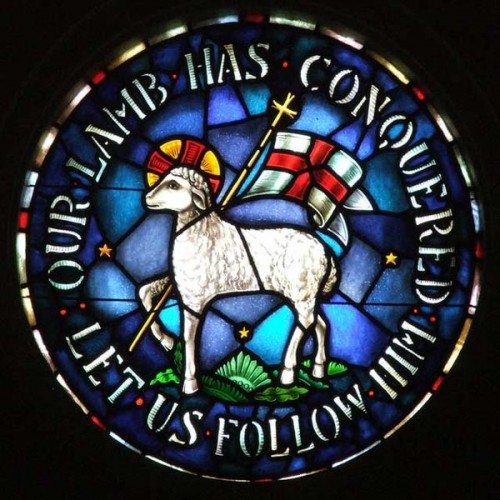
In essentials, unity
In nonessentials, liberty
And in all things, love.
– motto of the Moravian Church
Love it!
In 1722, a small group of Moravian Church members (also known as the Bohemian Brethren) arrived at the Berthelsdorf estate of Nikolaus Ludwig von Zinzendorf.
The group had been living as an illegal underground remnant in the Catholic Habsburg Empire in eastern Moravia (the so-called “Hidden Seed”).
Out of his personal commitment to helping the poor and needy, Zinzendorf agreed to allow the group to settle on his lands.
The refugees then established a new village on the lands called Herrnhut, about 2 miles from Berthelsdorf, Germany.
As other refugees continued to be drawn to the village, the town grew steadily but before long, major religious disagreements emerged. And by 1727 (just five years later) the community was divided into warring factions.
Zinzendorf worked to bring about unity in the town and a Brotherly Agreement (now known as the Covenant for Christian Living) was adopted by the community on 12 May 1727.
Shortly after the agreement was signed, the community underwent a dramatic transformation as the inhabitants of Herrnhut “Learned to love one another.” This was joined by an experience that they attributed to a visitation of the Holy Spirit, similar to that recorded in the Bible on the day of Pentecost.
Herrnhut then began to grow rapidly following this transforming revival and became the center of a major movement for Christian renewal and mission during the 18th century. Moravian historians identify the main achievements of this period as:
- Setting up a watch of continuous prayer that ran uninterrupted, 24 hours a day, for 100 years
- Originating the Daily Watchwords
- Establishing more than 30 settlements internationally on the Herrnhut model, which emphasised prayer and worship, and a form of communal living in which simplicity of lifestyle and generosity with wealth were held to be important spiritual attributes. As a result, although personal property was held, divisions between social groups and extremes of wealth and poverty were largely eliminated
- Starting missionary work
- Forming many hundreds of small renewal groups operating within the existing churches of Europe, known as “diaspora societies”. These groups encouraged personal prayer and worship, Bible study, confession of sins and mutual accountability.
Imagine if we learned to love in such a way today?
That day about three thousand took him at his word, were baptized and were signed up. They committed themselves to the teaching of the apostles, the life together, the common meal, and the prayers. Everyone around was in awe—all those wonders and signs done through the apostles! And all the believers lived in a wonderful harmony, holding everything in common. They sold whatever they owned and pooled their resources so that each person’s need was met. They followed a daily discipline of worship in the Temple followed by meals at home, every meal a celebration, exuberant and joyful, as they praised God. People in general liked what they saw. Every day their number grew as God added those who were saved. – Acts 2:42-47
(sources: Moravian.org and Wikipedia)
I am wondering if the Picture of the Agnes Dei that is showing on your blog is something I could use on a website I am trying to create.
The photo on this particular post is in the public domain. You can access the “original” by clicking on the photo itself.